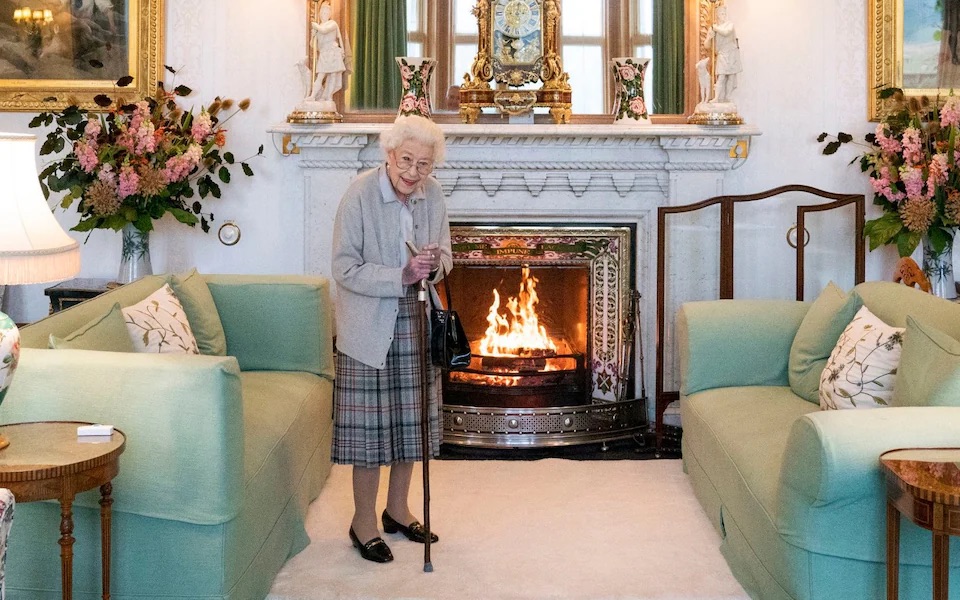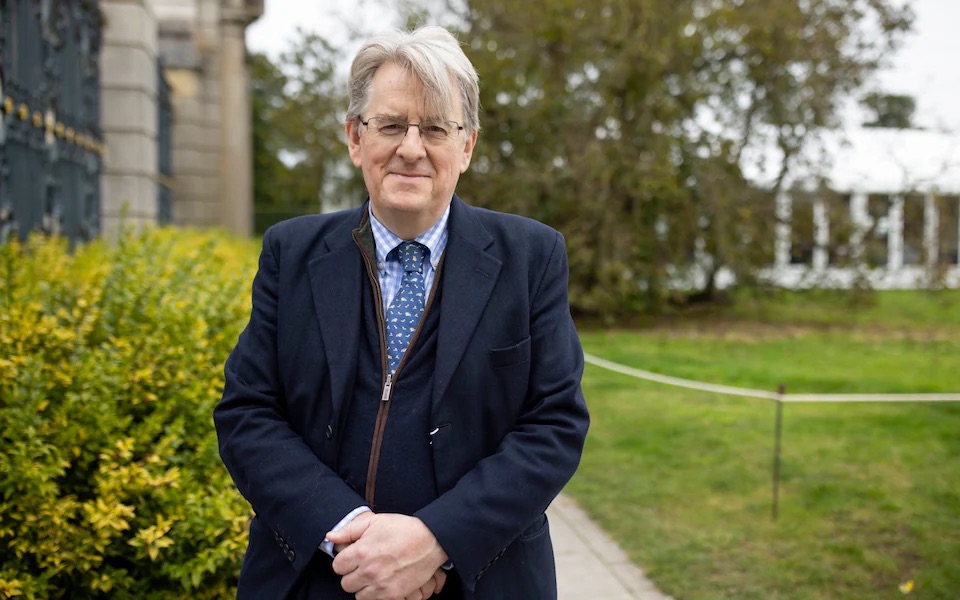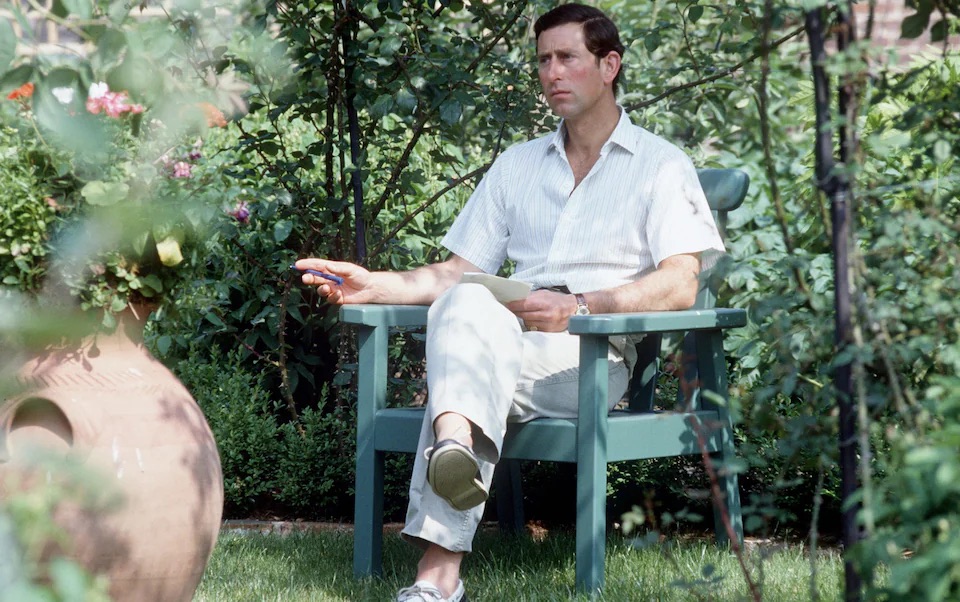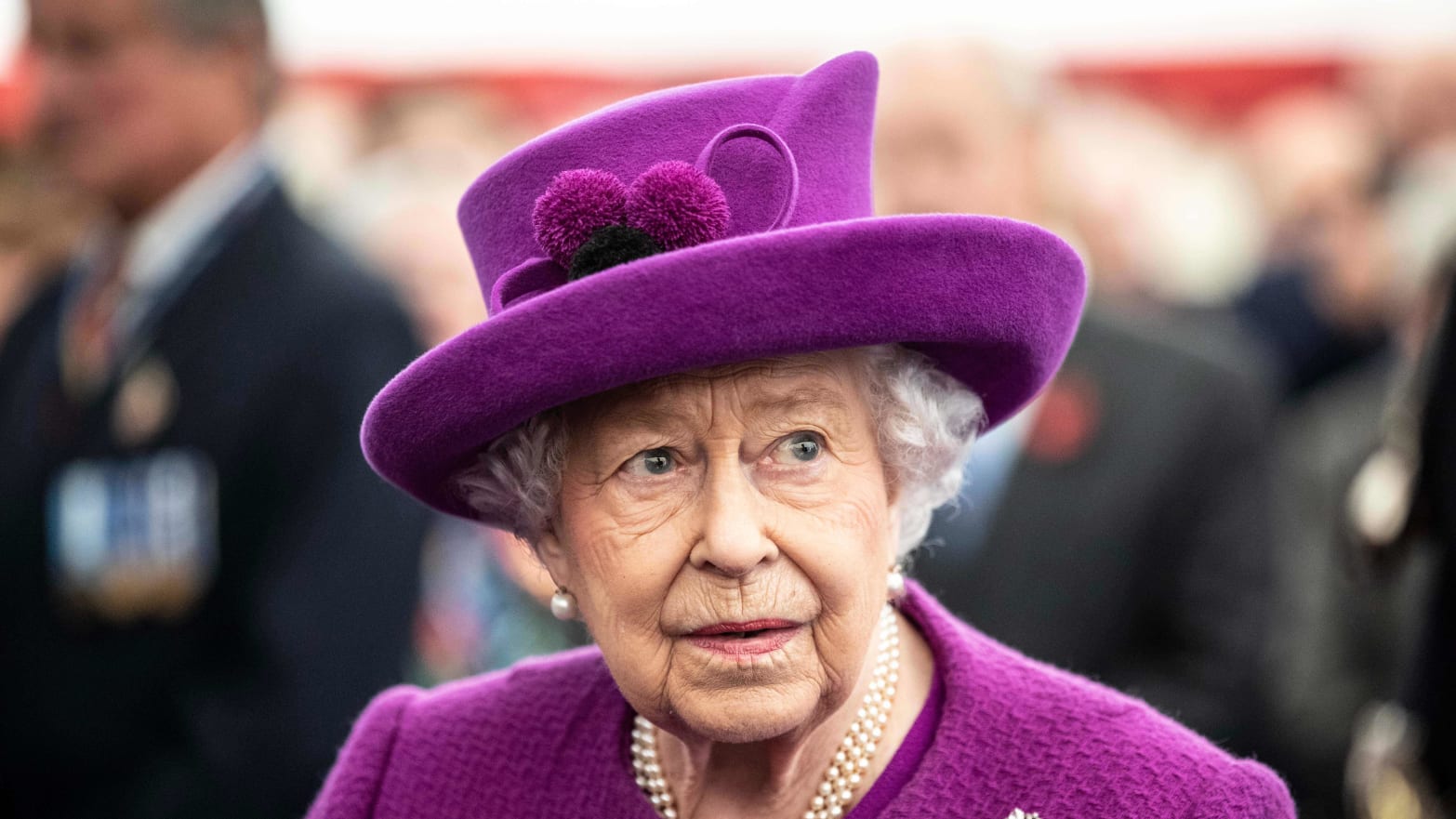LONDON, UK — Queen Elizabeth II wrote in her private diary just two days before her death, keeping a meticulous and factual account of her royal duties until the end.
In a final entry made at Balmoral, the late monarch noted simply that “Edward came to see me,” referring to her private secretary, Sir Edward Young, who discussed arrangements for the swearing-in of new Privy Council members.
Royal biographer Robert Hardman, while researching new material for his latest book on King Charles III, revealed the discovery of the Queen’s last diary entry.

Hardman describes her final notation as “factual and practical as ever,” reflective of a lifelong habit of recording events rather than personal feelings.
“It could have been describing another normal working day,” Hardman writes, “starting in the usual way – ‘Edward came to see me’ – as she noted the arrangements her private secretary made for the new ministers of the Truss administration.”
Queen Elizabeth held her last official audience with then-Prime Minister Liz Truss at Balmoral just days before she “slipped away” peacefully in her sleep on Sept. 8, 2022, at the age of 96.
Hardman’s book also details King Charles III’s approach to personal record-keeping.

Now monarch, Charles has adopted a less narrative style for his own diary entries, focusing on simple daily recollections rather than the reflective and often humorous tone he used as Prince of Wales.
The King’s former, more self-analytical entries have occasionally surfaced in public, such as a candid journal on the 1997 Hong Kong handover that was leaked in 2006.
However, in keeping with Queen Elizabeth’s stance on discretion, King Charles avoids interviews and limits his diary to factual records, according to Hardman.
The biography further delves into recent concerns for the King’s health, including a cancer diagnosis earlier this year.
Buckingham Palace, however, remained calm, opting not to update funeral arrangements despite what Hardman describes as “the dark days of early 2024.”
As a result, royal funeral plans have now been standardized under “Operation London Bridge,” mirroring the arrangements for Queen Elizabeth II’s passing.

As the King recuperated from treatment at Highgrove, his beloved country residence, speculation about its future has grown.
Hardman suggests that the estate may one day serve as a “Museum of King Charles III,” preserving the King’s legacy for future generations.







